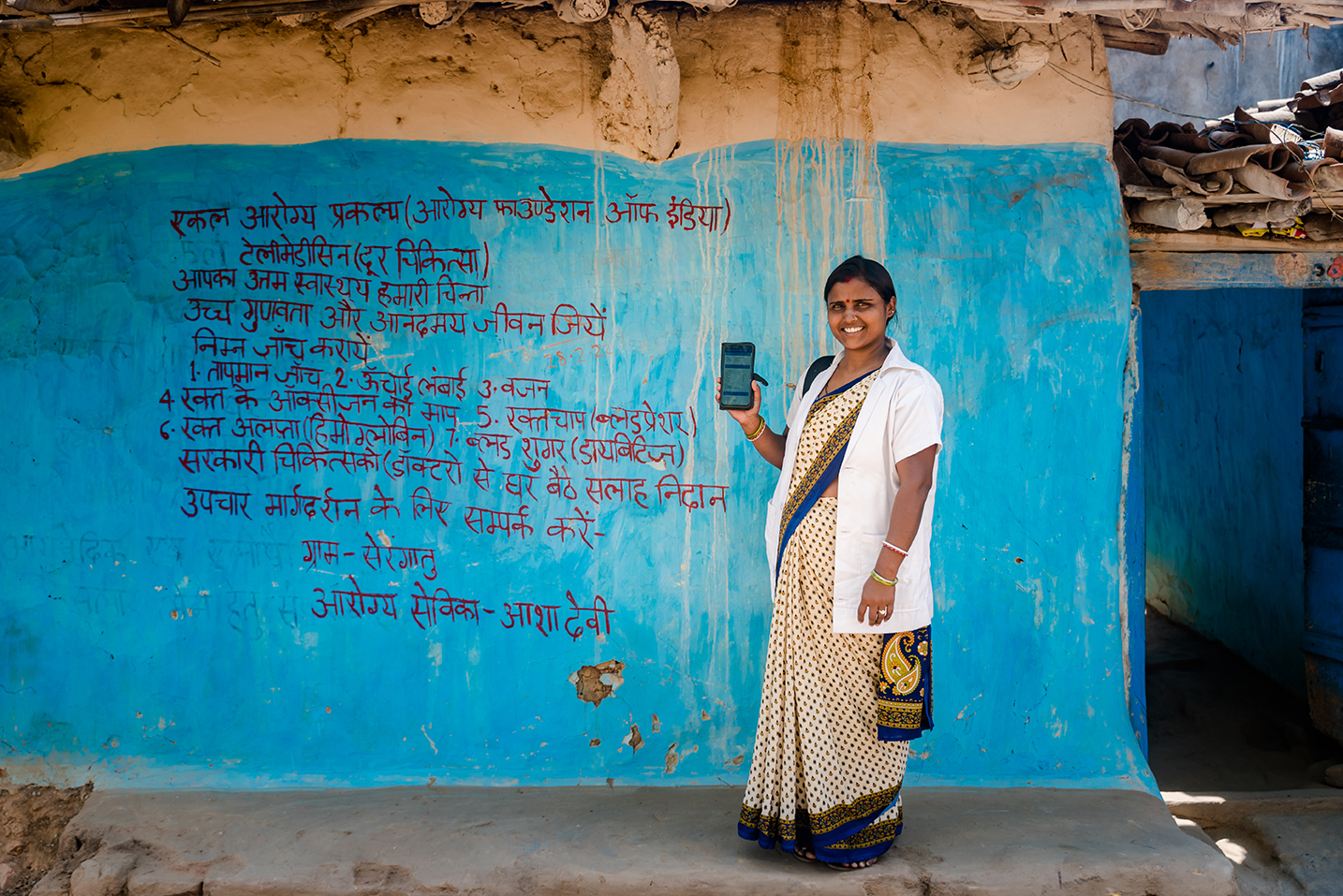One of the major challenges in the world today that disproportionately affects developing countries is access to good quality healthcare. For example, according to the Lancet, the world average on health spending as a percentage of GDP is 8.7%. In South and Southeast Asia, it is about 4-5%. Consequently, there are less dollars to spend per capita, affecting metrics such as the number of hospital beds and the number of healthcare workers, leading to poor clinical outcomes.
As another example, take India. India has the unique competitive advantage of a demographic dividend, meaning that its working age population largely consists of youth (ages 15-34) and which could deliver greater economic productivity. For India to achieve its potential and thus its ‘dividend’, two pillars need to be strengthened dramatically – healthcare and education. Of these, the need for better healthcare is perhaps more pressing, because if a student is unhealthy, it affects his/her attendance, which in turn could adversely affect educational attainment and thus employment prospects–a vicious circle.
While private sector healthcare has taken off in India, it is by and large an urban phenomenon; rural areas are suffering. Only 20% of doctors are in rural areas, where approximately 70% of the Indian population resides, as per a KPMG and OPPI study in 2016. Also, the private sector accounts for 63 percent of hospital beds, according to a FirstPost article published last year.
Intelehealth, co-founded by Neha Verma and Dr. Soumyadipta Acharya, is a healthcare not-for-profit startup trying to mitigate some of those challenges. Critically, it is focused on improving the last mile problem. They’ve developed a unique low cost and low bandwidth telemedicine solution with four interesting aspects that I’d like to call out:
a. They’ve built a knowledge engine, with care protocols for over 70 primary care conditions.
b. This engine is used to train and empower existing healthcare/non-governmental organization (NGO) workers.
c. Through their software platform, doctors can review cases and submit their diagnoses/findings asynchronously.
d. To help scale, the software works on very low-cost smartphones, which can operate in extremely remote regions where there is woefully inadequate bandwidth.
The team is in the process of executing several projects and pilots across the world – from India to the Philippines to Syria. The results are very encouraging.
Healthcare is a very complex space and it is wonderful to see organizations like Intelehealth tackling these challenges. And I’m very glad to be associated with them as an advisor.
-Reposted from LinkedIn: https://www.linkedin.com/pulse/healthcare-last-mile-ravishankar-rao/




